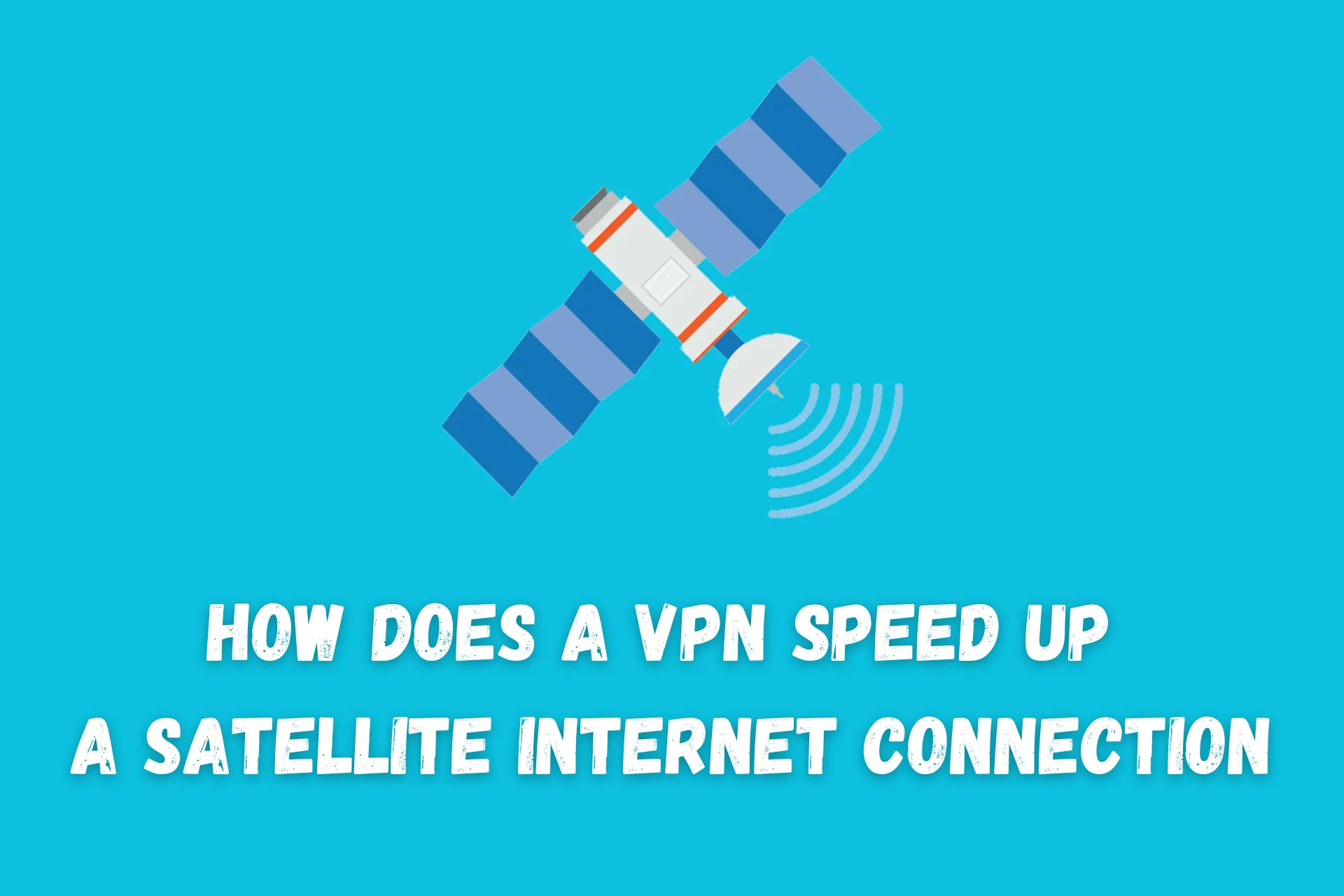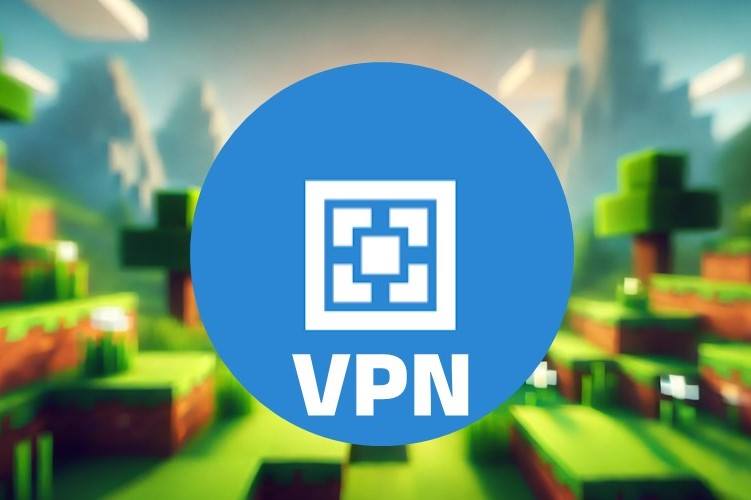How Does A VPN Speed Up A Satellite Internet Connection
5 min. read
Updated on
Read our disclosure page to find out how can you help VPNCentral sustain the editorial team Read more

How does a VPN speed up a satellite internet connection? That’s one of the questions many security-conscious people find themselves asking.
Satellite internet usage has recently surged partly due to Elon Musk’s Starlink and SpaceX exploits.
However, it’s been around for years, providing stable internet connections in areas with little access to cable or fiber technology.
Although it’s not as fast as the other options, it’s still a concrete alternative for those who want it.
Due to its growing popularity, we want to highlight the benefits and disadvantages of using satellite internet with a VPN.
Let’s get started.
How does a VPN speed up a satellite internet connection?
A VPN can speed up a satellite internet connection by lowering latency and optimizing data flow. This is possible because it compresses your data before transferring it to the satellite link, which increases speed.
VPNs also have route optimization as they choose the path with a faster connection to avoid clogged-up traffic and reduce latency.
Now, a VPN requires low latency and high bandwidth to work properly, and satellites have high latency and low bandwidth.
The high latency in satellites is due to the distance the signal will have to reach for contact between the space satellite and the satellite dish in your house.
This distance affects data speed, and your connection will get slower if there’s also a need to use a VPN.
However, transferring your data through a high-speed VPN server can sometimes allow faster connections.
That’s mainly in cases where your satellite ISP is throttling your speed artificially. And since VPNs encrypt your traffic, your internet provider won’t know what you’re doing online, and as a result, won’t be able to slow you down.
Though most VPNs work effectively with satellite internet, it’s essential to remember that a VPN on a satellite connection is only sometimes recommended due to potential performance issues that may fall short of expectations.
One of the greatest struggles that tech people face is the connection of a VPN to a satellite connection.
Nonetheless, there are a lot of VPN solutions with good latency that will allow your device to work at optimal speed.
With that said, let’s explore the topic in a bit more depth:
Pros and cons of using a VPN for a satellite internet connection
There are a lot of pros and cons involved while using VPN on satellite internet as they’re not designed to work together in the first place.
Pros
1. Optimized security
A VPN gives extra security by encrypting your traffic.
Encrypting your online traffic means that all your data will be turned into a code that can only be accessed by authorized users.
This also means that your data will get the optimal protection and privacy it needs.
2. Privacy protection
Using a VPN on a satellite internet can increase privacy by concealing your IP address and online activities.
It also securely tunnels your traffic through its own servers. This leaves your ISP and trackers clueless about what you do online.
3. Bypassing geo-restrictions
The fact that a VPN can spoof your location when connecting to a server in a specific country, helps it to bypass geo-restrictions with ease.
For example, you can watch UK Netflix in any part of the world once you connect to a British server.
This also helps you use platforms that are unavailable in your country due to government censorship.
4. Throttling avoidance
Satellite internet providers can throttle your connection speeds based on the plans you buy according to their fair usage policies.
If you’re a heavy user, this can disrupt your activities and affect your experience.
However, by using a VPN, you can bypass all limits and enjoy the maximum speeds available in your location.
This is possible because it hides your traffic in its secure tunnel, rendering your ISP’s limits ineffective.
Cons
1. Speed reduction
There are technical limitations, such as the high latency and slow upload speeds, which delay and affect the performance of a VPN.
The overall performance of a VPN on satellite is likely to be poor and perform at the speed of a dial-up internet connection.
Also, most satellite internet comes with IP spoofing, making it harder to connect to the VPN as it interferes with your computer’s ability to connect.
2. Complexity
Setting up and configuring a VPN, especially on a satellite internet, can be confusing and might need expert help.
This is an even bigger issue in rural locations with little access to technical support.
3. Cost
Most VPNs that work effectively with satellite internet aren’t free, and you’ll need to subscribe to them before you can set them up on your device.
This is will surely raise the money you spend on your internet connectivity.
Summary
Using a VPN with satellite internet offers many benefits, but the associated drawbacks are to be considered as well.
So, any VPN you choose should be based on how it can minimize the drawbacks and maximize the benefits.
Hopefully, this article has summarized how a VPN speeds up a satellite internet connection for all to understand.









User forum
0 messages